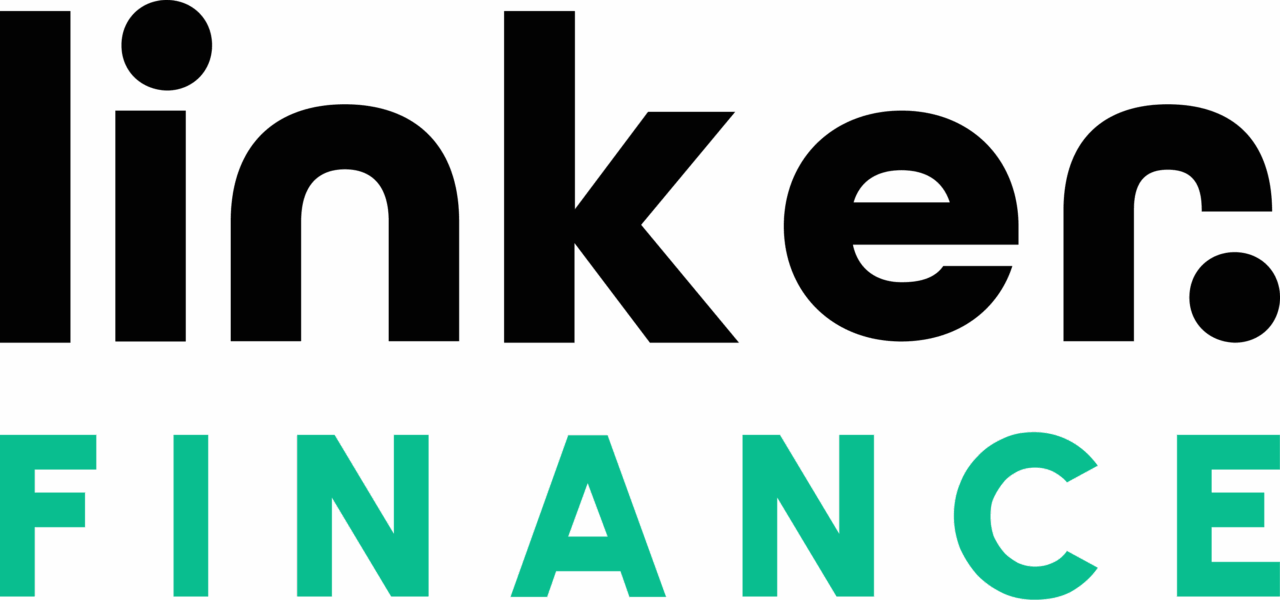Applying Military Lessons to Modern Banking
Growing up in rural Cherokee County, Okla., Josh Pape didn’t come from a military family, but he found his direction there. After a rocky first semester in college, he enlisted in the U.S. Air Force in 2002, serving on active duty during the Global War on Terror. The experience proved transformative. What began as a practical decision to earn an education became a defining chapter in his life. This calling ultimately shaped his character, his sense of service, and his enduring approach to leadership.
Today, Pape serves as Executive Vice President and Chief Lending Officer at Citizens Bank of Edmond, where his military experience continues to influence his work and community engagement. In a career spanning nearly two decades, he has held roles in operations, consumer and commercial lending, treasury management, and specialty CDFI lending. The through-line across all of it: service above self.
“The military and community banking share the same foundation,” he says. “Both start with knowing what your purpose is: Serving something greater than yourself.”
Integrity and Decisiveness: Military Principles for Financial Risk
For Pape, the Air Force was as much a classroom as it was a calling. It taught him to make critical decisions under pressure, a skill he now applies daily in a field that thrives on judgment and balance.
“In the military, you learn to assess situations quickly and make the best decision you can with the information you have,” he explains. “Banking isn’t that different. We’re in the risk-taking business. You can’t predict the future of banking, but you can’t be paralyzed by it either.”
He credits his time in uniform for sharpening his ability to act decisively amid uncertainty. “The Air Force’s core values tie it all together: integrity first, service before self, and excellence in all we do,” Pape reflects. “Those three principles fit banking perfectly.”
Even his daily routine still bears the imprint of military life. “I’ve kept that cadence: start the day early, prepare, execute, rest. It’s a rhythm that keeps me grounded and effective.”
Cultivating a Unit Mentality in Banking
At Citizens Bank of Edmond, Pape works to infuse the bank’s culture with the same emphasis on mentorship and empowerment that he experienced in the service. “The military teaches that you don’t need a title to be a leader,” he says. “Leadership and management aren’t always the same thing.”
That philosophy now guides how he cultivates his team. “We try to let leaders be leaders, regardless of what their title says. If someone has the qualities and influence to guide others, we empower them to do so.”
The result is a team built not only on accountability but also on trust and cohesion — a “unit” mentality that helps the bank navigate an increasingly complex environment. “In both banking and the military, you learn that hard things will happen,” Pape notes. “The key is staying calm, assessing clearly, and moving forward one decision at a time.”
The Veteran’s Approach to Banking Evolution
Pape views banking through the same lens of adaptability that served him in the Air Force. “Our industry is constantly evolving — regulations, technology, digital assets, M&A activity, consolidation — it’s all changing,” he says. “You can’t wait for perfect information. You have to make sound decisions in real time and be willing to adjust.”
That mindset has been instrumental as Citizens Bank of Edmond launches new initiatives like Roger Bank, a fully digital military-focused entity where every team member has served or is currently serving. “It’s a tangible way to connect service members with financial professionals who understand their experiences firsthand,” Pape explains. “Veterans know what it’s like to need access to credit or manage finances while overseas. That perspective is invaluable.”
Why Veteran Careers Excel in Finance and Risk Assessment
For those transitioning from military service to civilian life, Pape sees banking as a natural and rewarding fit. “The industry values structure, mission, and service — all things veterans excel at,” he says. “Whether it’s risk assessment, business development, or cybersecurity, the skills translate well.”
His own journey, from a struggling college student to Air Force serviceman to senior banking executive, embodies the resilience and purpose he now strives to model for others. “I failed early,” he admits, “but that failure led to growth. It made me the first male college graduate in my family. It taught me that service, humility, and discipline are universal principles in life, in the military, and in banking.”
Why Banking Needs More Veterans
As Veterans Day approaches, Pape’s story exemplifies a truth many community banks already know: Veterans bring uncommon steadiness, accountability, and moral clarity to their teams. The same instincts that once guided service members through uncertainty now help them navigate the complexities of financial service. Increasingly, institutions that recognize that skillset — and make room for those who have served — are not just honoring veterans. They’re strengthening their own ranks.


















